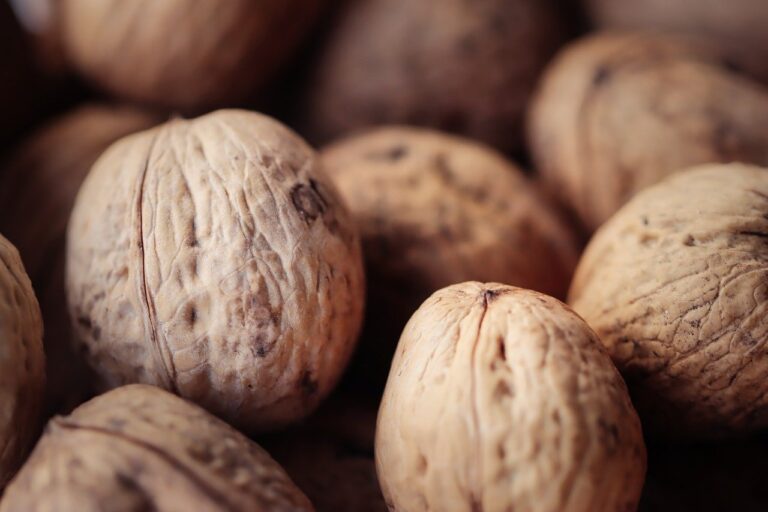The function of wholesale diamond suppliers prolongs beyond simple business; they are custodians of a rich tradition that mixes art, science, and values. Their expertise and commitment to quality ensure that each diamond that reaches the consumer is a sign of appeal and worth. As they continue to adapt to altering market problems and technological advancements, wholesale diamond suppliers will remain a vital element of the diamond industry, preserving the appeal and aura of these precious gems for generations to come.
When the diamonds are polished, they enter the wholesale market. Wholesale diamond suppliers acquire these diamonds in bulk, commonly through diamond trading hubs such as Antwerp, Dubai, and Mumbai. These suppliers have considerable networks and connections with mining business, cutting and polishing centers, and other dealers. Their main objective is to get a diverse inventory of top quality diamonds that cater to numerous market demands.
Structure and maintaining trust is essential for wholesale diamond suppliers. The diamond industry has dealt with problems pertaining to conflict diamonds, also called blood diamonds, which are mined in war zones and offered to finance armed conflict. To battle this, the Kimberley Refine Qualification System (KPCS) was established to ensure that diamonds are fairly sourced and conflict-free. Wholesale suppliers stick to these laws and usually go beyond by applying their very own strict ethical sourcing plans. Transparency in the supply chain, along with certifications, aids develop trust with their clients, which include retailers, jewelry producers, and even various other wholesalers.
Wholesale diamond suppliers offer different solutions to their clients, including value beyond merely providing diamonds. Many suppliers provide custom cutting and polishing services, allowing clients to design diamonds according to specific needs. They also offer gemological consultations, assisting clients choose the most effective diamonds for their requirements based on spending plan, design, and market patterns. Some suppliers even offer educational programs, showing clients regarding diamond grading, market dynamics, and the most up to date fads in the industry.
In spite of the advancements and possibilities, wholesale diamond suppliers face numerous challenges. Varying diamond costs, driven by market need, currency exchange rates, and geopolitical variables, can impact productivity. Keeping a diverse inventory that satisfies the varying demands of different markets calls for significant financial investment and expertise. In addition, the increase of synthetic diamonds presents a new challenge. These lab-grown diamonds, which are chemically and literally similar to all-natural diamonds, offer a lower-cost choice and are acquiring acceptance amongst consumers. Wholesale suppliers have to browse these challenges while making certain that their all-natural diamonds remain competitive and preferable.
Wholesale diamond suppliers resource their diamonds straight from mines or through intermediaries known as diamond traders or brokers. The supply chain begins with the extraction of rough diamonds from mines located in countries such as Botswana, Russia, Canada, and Australia. These rough diamonds are then offered to cutting and polishing centers in countries like India, Belgium, and Israel. Right here, skilled artisans cut and brighten the diamonds, enhancing their radiance and preparing them for the market.
The digital transformation has actually dramatically transformed the operations of wholesale diamond suppliers. On the internet platforms and digital showrooms have actually ended up being essential devices for reaching a worldwide clientele. Suppliers currently display their inventory through high-def images and videos, allowing clients to examine diamonds remotely. Advanced innovations such as 360-degree videos and boosted fact are also employed to give an immersive watching experience. wholesale diamond dealer has increased the marketplace reach of wholesale suppliers, allowing them to cater to clients across different geographical areas without the demand for physical visibility.
Quality assessment is a crucial facet of a wholesale diamond distributor’s operations. Each diamond is carefully examined based on the four Cs: carat weight, color, clarity, and cut. Carat weight measures the diamond’s size, while color examines the diamond’s tone, ranging from colorless to light yellow. Clarity examines the visibility of inner or exterior imperfections, and cut figures out exactly how well the diamond has been formed and faceted. Wholesale diamond suppliers rely upon certifications from distinguished gemological research laboratories, such as the Gemological Institute of America (GIA) or the International Gemological Institute (IGI), to confirm the quality of their diamonds.
A wholesale diamond supplier plays a critical function in the detailed and remarkable globe of diamonds, acting as the essential web link between diamond mines and retail jewelers. These suppliers run in an extremely competitive and regulated industry, where quality, trust, and reliability are extremely important. Understanding the dynamics of wholesale diamond suppliers requires a deep study their operations, the challenges they face, and their substantial impact on the diamond market.
Subscribe to Updates
Get the latest creative news from FooBar about art, design and business.
7 Suggestions To Keep Your Melee Diamonds Wholesale Establishing Without Burning The Midnight Oil
Previous Article9 Super Handy Technique To Enhance WEBBING SLINGS MANUFACTURER
